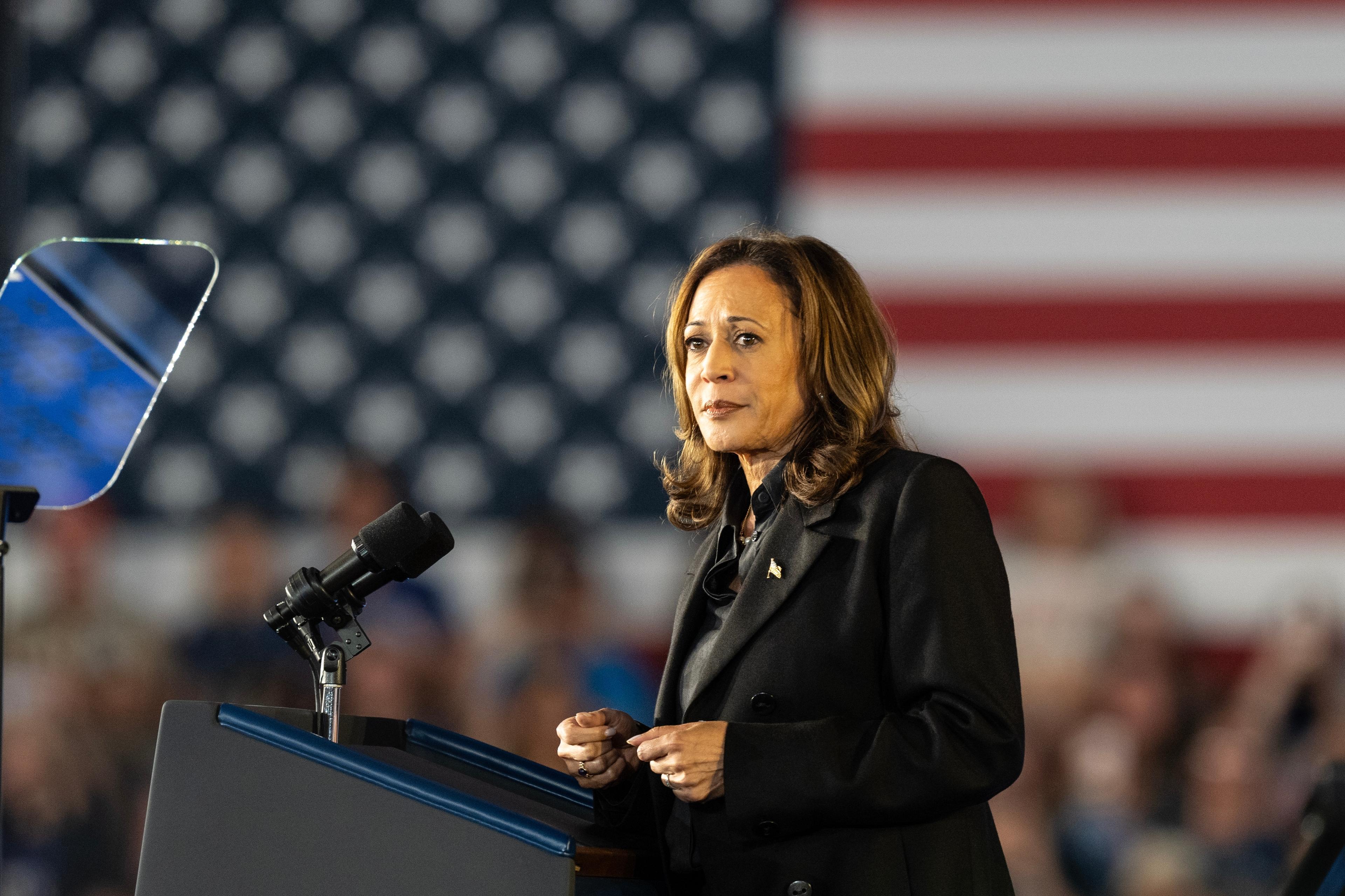The sun will come out tomorrow
A bitter defeat for Harris- Here's how it all ended
After all the pollsters proclaimed her likely victory, it must come as quite a shock.

What began as a jubilant homecoming at Howard University turned into a night of mounting anxiety and prayer as Vice President Kamala Harris's election night rally drew to a close without an appearance from the candidate.
At 12:45 AM, campaign co-chair Cedric Richmond delivered the news that supporters had dreaded: Harris would not address the crowd until morning. "We still have votes to count," Richmond told the thinning crowd at Howard's historic Yard. "We still have states that have not been called yet."
The evening's transformation was stark. Early celebrations, complete with line dancing and proud displays from Alpha Kappa Alpha sorority members in their signature pink and green, gave way to small groups huddled in prayer as Trump's leads in battleground states continued to grow.
"We've made it through four years before. I don't think the world will end. But I'm a little nervous as a Black woman," said Destiny Pridgen, 21, a Howard senior, voicing concerns about reproductive rights under a potential second Trump administration.
The choice of Howard University—Harris's alma mater—for her election night venue had been deeply symbolic. It marked the first time in modern history that a presidential campaign hosted its election night event on a college campus. The historically Black institution, where Harris graduated in 1986, represented both her roots and her vision for America's future.
Earlier in the day, Harris had maintained her campaign rhythm, making calls from a DNC phone bank and distributing her favorite snack—Doritos—to volunteers. But as night fell and returns rolled in, the mood at Howard shifted dramatically.
Campaign leadership in Wilmington, Delaware, braced for what could be days of uncertainty and legal challenges. "As we have known all along, this is a razor thin race," campaign chair Jen O'Malley Dillon wrote in a late-night memo to staff.
As supporters filed out of the Yard past midnight, some still waved American flags and danced, but many walked in silence, arms around friends, confronting the growing possibility of another Trump presidency.
The Washington Post contributed to this article.